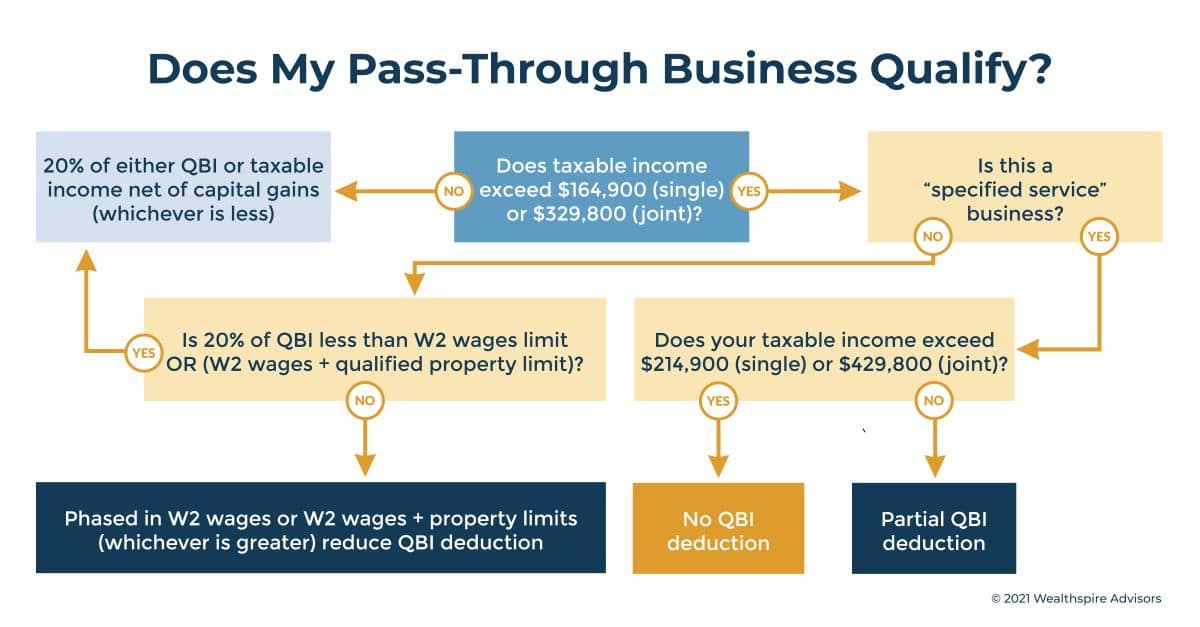In 2014, dramatic changes were made to New York’s gift and estate tax law. For many clients, the subject of the New York estate tax “cliff” continues to remain a source of confusion. This is for good reason. The New York estate tax cliff is not easy to understand, nor is it easy to know how it may impact your particular situation. The answers below are intended to guide those who remain baffled by the New York estate tax cliff.
Does New York have an estate tax?
Yes. New York, like several other states, has a state estate tax. This means that when someone dies a resident of New York, or with property physically located in New York, his or her estate may be subject to tax not only by the federal government, but also by New York. It is also important to understand that the Federal estate tax regime operates separate and apart from New York’s.
What is the New York estate tax rate?
The top New York estate tax rate is 16%. The top rate only applies when the New York taxable estate is over $10,100,000 million. Dollars below that amount are subject to tax at graduated rates, starting at 3.06% for the first $500,000.
Is there an exclusion from New York estate tax?
Yes. The current New York estate tax exclusion amount as of 2024 is $6,940,000 (indexed for inflation each year).
Before new legislation was passed in 2014, the New York exclusion amount was $1,000,000, and the estate tax brackets were slightly different that they are now. In addition, estates above $1,000,000 were not subject to a “cliff”, as they are under current law.
So, what is the “cliff” then?
In addition to increasing its estate tax exclusion amount annually, New York also implemented a rule precluding certain estates from taking advantage of that exclusion at all. If the amount of your taxable estate is more than 105% of the exclusion amount at your death, you cannot take advantage of New York’s exclusion. You essentially “fall off the cliff” if your taxable estate is too high. These estates are subject to New York estate tax in their entirety – starting from dollar one.
By way of illustration, imagine an individual died today, when the New York estate tax exclusion amount is $6,940,000. If that individual died with a taxable estate of $7,300,000, then his entire estate would be subject to New York estate tax, since $7,300,000 is more than 5% higher than $6,940,000. This would result in a New York estate tax rate of over 100% on the amount by which the estate exceeds the exclusion amount!
How do I know if the cliff will impact me?
If your taxable estate is currently equal to or over the exclusion amount, or you believe that over time it will be, then the cliff could impact you. Remember that in order to estimate your taxable estate, you should include even “non-probate” assets that pass pursuant to a beneficiary designation or to a joint owner at your death. For example, you would generally include the value of any IRAs, your home, and any life insurance not held in a trust.
For those with estates expected to be under the exclusion amount, the cliff may not directly impact you and, in fact, the higher New York exclusion amount should be welcome news. Nonetheless, it is still important to revisit your estate plan in light of the current exclusion amount. Even if the cliff does not impact you, the provisions of your Will or Revocable Trust may operate differently now that the law has changed.
For example, assume a spouse in New York has a $6,000,000 estate and the Will was signed in 2012 before the new law was enacted, and that spouse makes no lifetime gifts. Further, assume that the Will directs that a “credit shelter trust” (described below) be funded at the spouse’s death with the NYS exclusion amount, and that everything else passes outright to the survivor. At the time the Will was drafted, the credit shelter trust would have only been funded with $1,000,000 (the NYS exclusion amount in 2012), and the remaining $5,000,000 would pass outright to the surviving spouse. Under the current law, however, the entire $6,000,000 would fund the credit shelter trust, which may not be desired.
What should I do if I might “fall” off the cliff?
How you navigate the potential impact of the cliff on your estate plan will depend on the amount of your estimated net worth, as well as the particulars of your personal estate plan. Below are some important things to consider:
- Understand how your estate plan operates under current law. Regardless of your net worth, you should revisit your estate plan to understand how the provisions of current law impact the operation of your estate plan. As noted above, your estate plan may play out differently under current law.
- Preserve state exclusion amount with a credit shelter trust. While the federal exclusion amount is “portable” between spouses,[i] the New York exclusion is not. If it is not utilized at death, it is lost. This may be the case if, for example, one spouse simply directs that his estate pass outright to his spouse at death. If the surviving spouse subsequently dies with a New York taxable estate, that spouse will only have his or her own exclusion amount available to shield the estate from state estate taxes. The first spouse’s exclusion was never properly used.
In order to preserve the New York exclusion amount of the first spouse to die, some Wills or Revocable Trusts direct that an amount equal to the spouse’s New York exclusion pass to a trust called a “credit shelter trust” or “bypass trust”. The trust can be for the benefit of the surviving spouse and/or descendants, and the assets in the trust escape taxation at the deaths of both spouses.
This is a common tax planning strategy designed to preserve the state estate tax exclusion of the first spouse to die, and it remains an important tool in light of the cliff for high-net-worth individuals. Imagine a husband and wife with an $8,000,000 estate at the time of the husband’s first death in 2023, all of which passes outright to the surviving spouse. There will be no federal or state estate tax at the death of the first spouse due to the unlimited marital deduction. But what if his widow dies a year later in 2024 with a $7,500,000 estate, and an applicable New York exclusion amount of only $6,940,000? The entire estate would be subject to New York estate tax without the benefit of the New York exclusion because of the cliff.
Imagine, instead, that the husband directed that a credit shelter trust be funded at his death with the state exclusion amount (which was $6,110,000 in 2022), with the remainder passing outright to his wife. If wife dies in 2024, New York estate tax at her death may now be avoided because her full New York exclusion amount would be available to shield the taxable assets remaining outside of the credit shelter trust.
- Reduce taxable estate through gifting. For those with estates at or slightly above the exclusion amount, they may wish consider lifetime gifts as a means of reducing their taxable estates.[ii] In addition, charitable gifts in your Will can reduce your taxable estate. For more details on this, see “How to Mitigate the New York Estate Tax Cliff”.
- Maintain flexibility in your estate plan. In light of changing laws and potential changes in your personal circumstances, maintaining flexibility in your estate plan is important. For example, credit shelter trusts can be structured to allow the surviving spouse to choose how much passes to a credit shelter trust at the death of the first spouse (typically referred to as a “disclaimer” trust). This allows the survivor to examine the legal landscape and her own financial circumstances at the time of her spouse’s death to determine whether and how much to set aside in a trust for her and her family.




